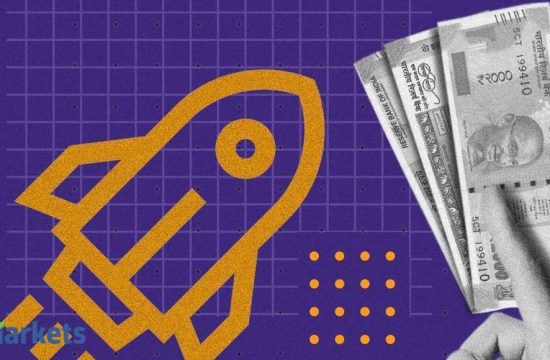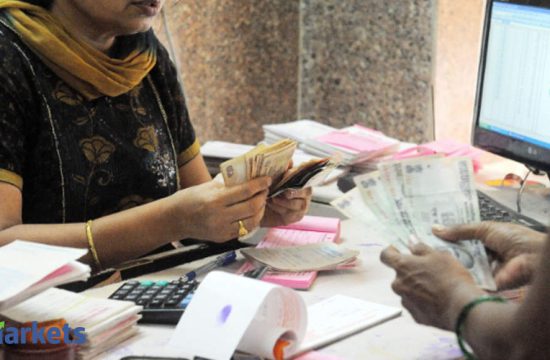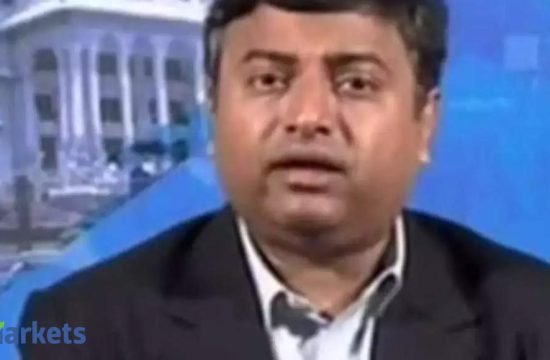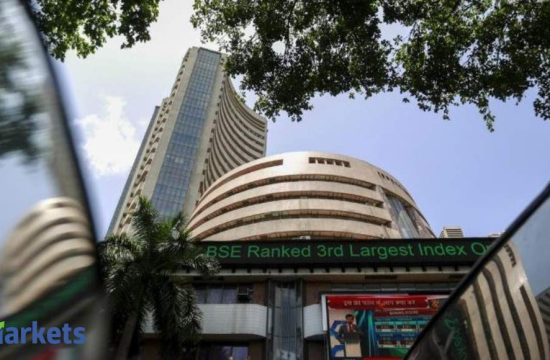Mumbai: The National Payments Corporation of India (NPCI) has transferred all its Bharat Bill Payment System (BBPS) transaction mandates to a newly set up subsidiary called the NPCI Bharat BillPay Limited (NBBL), effectively hiving off its automated billing business.
Banks and payment aggregators on the platform called the Bharat Bill Payment Operating Units (BBPOU) have been asked to start accounting their billing transactions under NBBL from April 1.
“As per the directive received by RBI, the Bharat Bill Payment Central Unit (BBPCU) business will be transferred from NPCI to NBBL — a wholly-owned subsidiary of NPCI, with effect from April 1,†said an NPCI mailed note, a copy of which has been reviewed by ET.

The Reserve Bank of India is learnt to have directed NPCI to set up a separate subsidiary to scale the interoperable bill platform by the way of increased autonomy in operations and onboarding of new billers, according to sources.
A mailed query to NPCI didn’t elicit a response.
All leading banks and aggregators such as State Bank of India, HDFC Bank and BillDesk, among others are BBPOUs on the platform, processing monthly bill payments for thousands of telecoms, gas companies, power utilities, educational institutes and other billers in the country.
BBPS processed 35 million transactions worth ?5,196 crore for over 19,000 billers in March 2021, as per data released by NPCI on Thursday.
As per sources in the know, both NPCI and RBI are of the view that BBPS has a massive growth ceiling especially as a B2C payment platform among small businesses offering monthly solutions for customers. “There is a massive potential to scale like the Unified Payments Interface,†said one of the cited persons. “Moreover, NPCI has its hands full with key channels such as UPI, IMPS, Aadhaar Enabled Payment System and National Electronic Toll Collections (FasTag) among others.â€









